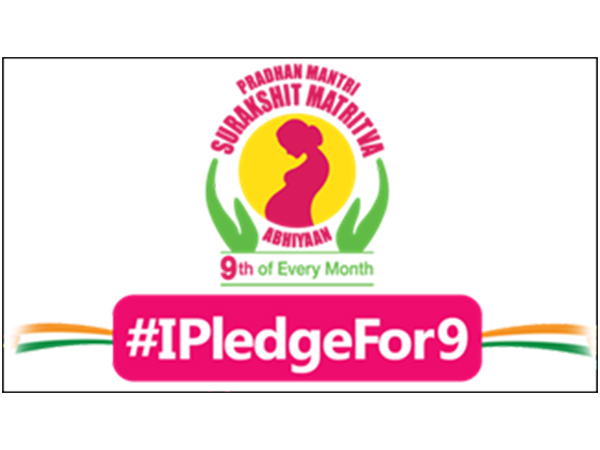As Prime Minister Narendra Modi completes 11 years in office, one of his government’s flagship health initiatives — the Pradhan Mantri Surakshit Matritva Abhiyan (PMSMA) — has completed nine impactful years, delivering significant gains in maternal healthcare across the country. Launched in June 2016, the programme continues to demonstrate its role in transforming India’s approach to antenatal care (ANC) and in reducing maternal and neonatal mortality.
PMSMA, spearheaded by the Ministry of Health and Family Welfare, provides free, assured, and quality antenatal care to pregnant women on the 9th of every month, with special emphasis on those in their second and third trimesters. Since its inception, over 6.19 crore pregnant women have been examined under the scheme, many of them from rural and underserved areas. The programme focuses on early detection and management of high-risk pregnancies (HRPs) to ensure safe outcomes for both mother and child.
One of the most impactful results of PMSMA has been its contribution to reducing India’s Maternal Mortality Ratio (MMR). The MMR has dropped significantly from 130 per 1 lakh live births in 2014–16 to 80 in 2021–23, reflecting a 50-point decline. Health officials attribute this success to a combination of systematic antenatal services, community engagement, and increased health awareness.
The programme also draws strength from active private sector participation. As of now, more than 6,800 private doctors have registered as volunteers and are contributing their expertise across 20,752 healthcare facilities that offer PMSMA services nationwide.
In January 2022, the government launched the Extended PMSMA (E-PMSMA) initiative, further strengthening the original programme. E-PMSMA focuses on continuous monitoring and tracking of HRPs until safe delivery. It also offers financial incentives to both pregnant women and Accredited Social Health Activists (ASHAs) for completing three additional ANC visits beyond the standard PMSMA check-ups. As of December 2024, the programme had identified over 78.27 lakh HRPs across all states and union territories.
E-PMSMA has incorporated a strong digital component, including name-based tracking of HRPs and follow-up through automated SMS alerts to both beneficiaries and ASHAs. Each high-risk pregnancy is monitored until at least 45 days postpartum, ensuring comprehensive care.
The PMSMA and its extended version work in alignment with several other maternal and child welfare schemes initiated or strengthened under PM Modi’s leadership. These include the Janani Suraksha Yojana (JSY), which promotes institutional deliveries and has benefited over 11.07 crore women; the Janani Shishu Suraksha Karyakram (JSSK), which ensures free maternity and neonatal services for over 16.60 crore beneficiaries since 2014; and Surakshit Matritva Aashwasan (SUMAN), which guarantees respectful and quality maternity care through 90,015 health facilities nationwide.
Additionally, POSHAN Abhiyaan, targeting nutritional needs of women and children, and the Pradhan Mantri Matru Vandana Yojana (PMMVY), which offers direct cash support of ₹5,000 to pregnant and lactating women, have strengthened the foundation laid by PMSMA in improving maternal and child health outcomes.
As the nation reflects on a decade of policy-led transformation in healthcare, the PMSMA stands out as a symbol of sustained commitment to women’s health. With continued focus on digital tracking, community outreach, and public-private collaboration, the programme has brought India closer to achieving Sustainable Development Goals (SDGs) related to maternal health.














